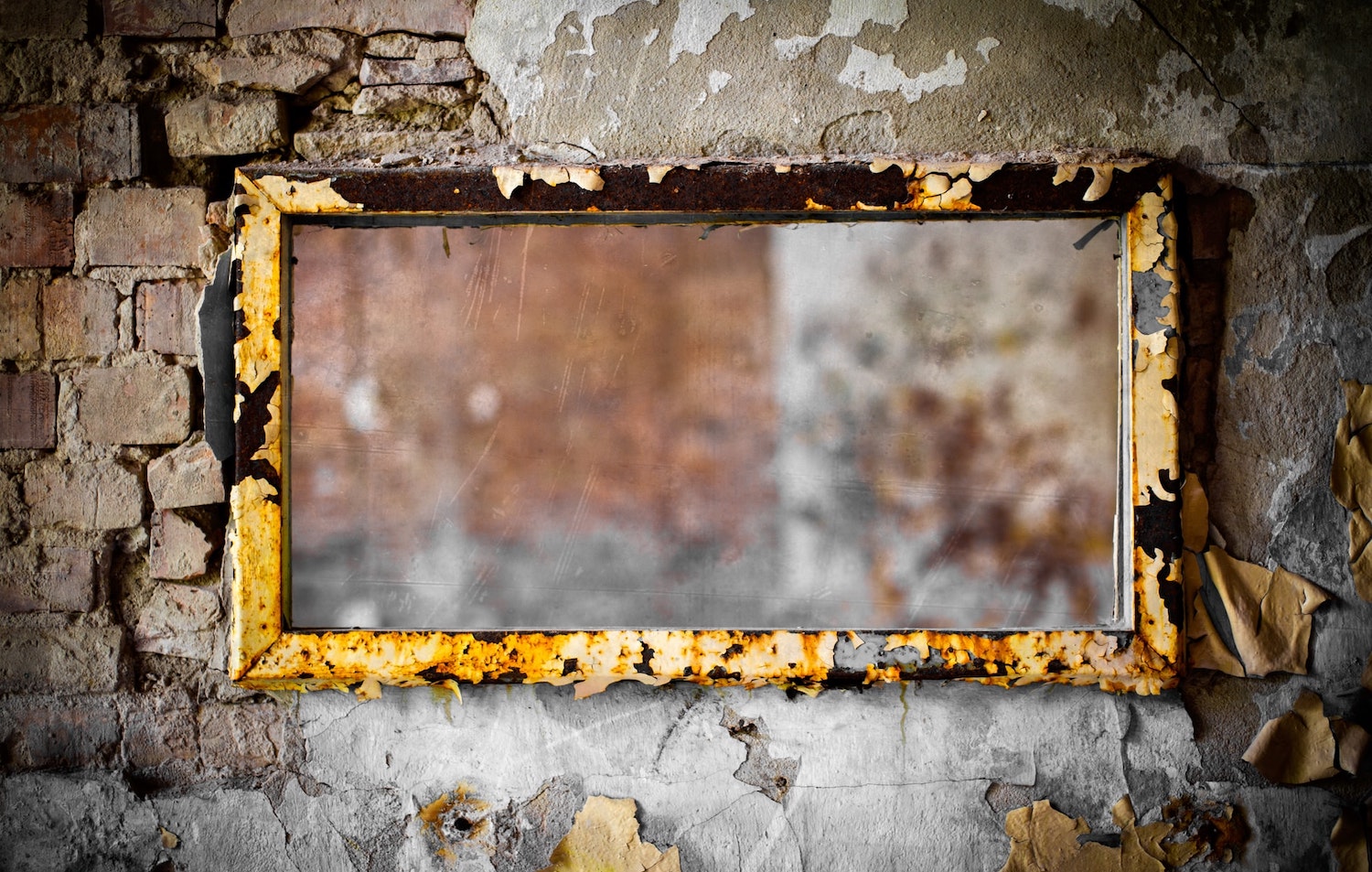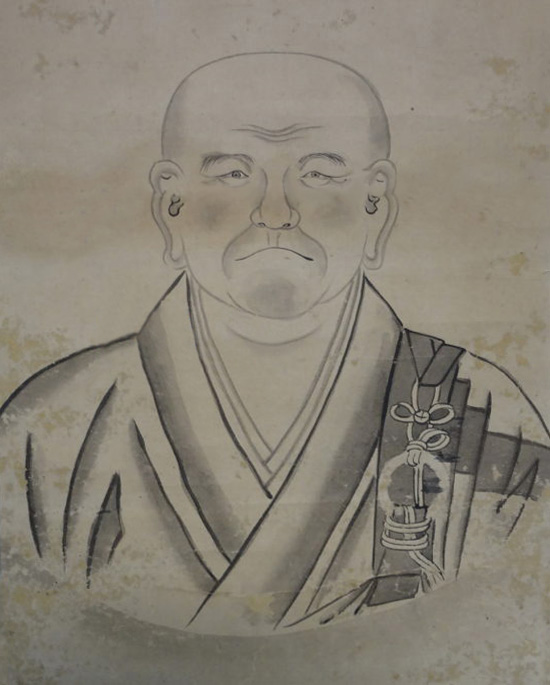Hello everyone
Now that we´re done with the Vimalakirti Sutra series, we continue posting new Treeleaf Podcast episodes in this thread. Please make sure to subscribe here or check in for monthly updates.

Now that we´re done with the Vimalakirti Sutra series, we continue posting new Treeleaf Podcast episodes in this thread. Please make sure to subscribe here or check in for monthly updates.

🙏🏼 Sat Today lah







Comment